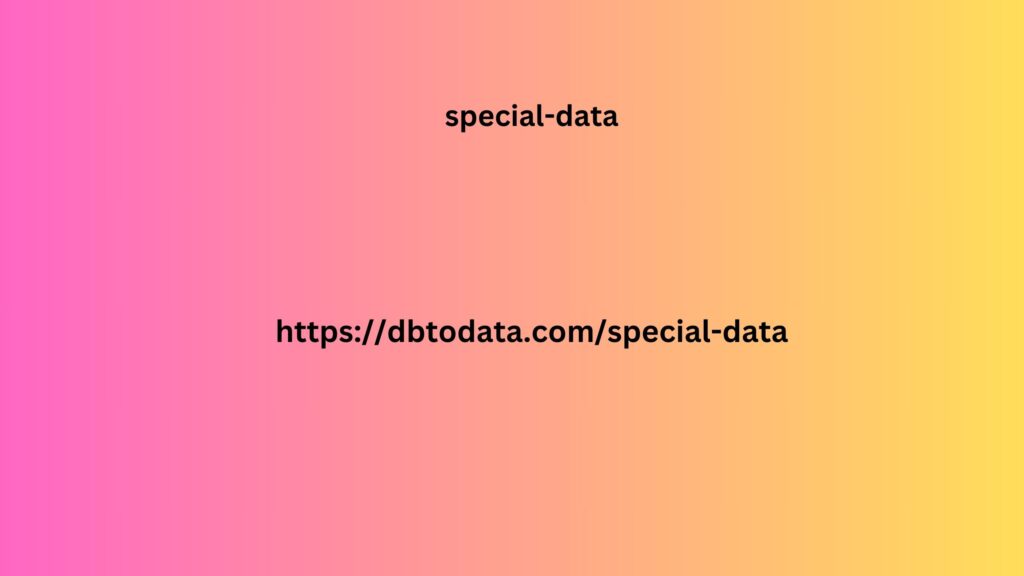to know who your customer is so that you can deliver the best experience. This means responsibly identifying customers on your site, sometimes by simply asking. Asking for user consent is vital and be open about what they are consenting to, i.e advertising. Normally, first party data has a smaller scale compared to third party.
Therefore, it is important to use
this data along with a strong value exchange strategy and from there create larger targeting lists. Post purchasing data highlights if buyers bc data america are engaged or at risk of leaving. If purchases dramatically drop, you can use first party data to identify the problem because you have a full customer view across the entire buying cycle. Inversely, you can also use this to drive existing customers to buy additional products.
Other benefits of using a first party
data strategy are: An enhanced ability for advertisers to reach and convert customers. A more accurate approach to measurement and reporting of data. Greater visibility into customers who express interest in a product or your brand. The ability to provide more relevant and timely customer engagement, which provides better user experience. The phase out of third-party cookies is a large change for businesses and advertisers who have relied heavily on this type of data collection and despite the challenges that it will present in 2023, it seems as if it will not spark the end of tailored adverts and marketing strategies and ultimately benefit users thanks to more privacy and protection when browsing.
The shift towards a first party
data led strategy also seems to be the future for many brands, especially those who are looking to create personalised customer experiences, rather than a one size fits all approach. If you need any advice on third party cookies or online marketing strategies, get in touch today!In October 2021, Google announced the arrival of GA4, the newest update to analytics and possibly the most significant change to occur.
Now, Google has also announced
that as of 1st July 2023, all existing properties will flow into GA4 analytics properties and therefore standard Universal Analytics properties will stop processing data and become obsolete. All of your existing properties that are using Universal Analytics can be upgraded to use GA4, which means that a new property will be created to start collecting the new data and your old GA account won’t be affected; however, no new data will be collected, and any new accounts will use GA4 analytics so there’s no choice but to move.
Since this new update is being called
the biggest change Google has ever made to the Analytics set up, it is important to understand some of the key differences between Universal Analytics and GA4. GA4 vs Universal Analytics One of the biggest differences between Universal this improves customer satisfaction Analytics and GA4 is the reliance on cookies to record events. The introduction of cookie consent meant that data in Universal Analytics could be skewed as a result of users not consenting to cookies; however, with GA4 analytics it will use machine learning to effectively fill gaps of where user consent has not been given.
This will hopefully make the
data collection more stable and avoid inconsistencies, which is particularly important with the phase out of the third-party cookie. Events One of the main focuses for. Analytics in GA4 is events and parameters and this is what their measurement malaysia data model is. Based on, compared to Universal Analytics, which is based on. Sessions and pageviews. GA4 will automatically start tracking some events once you have set your property up, such as ‘first_visit’ and
